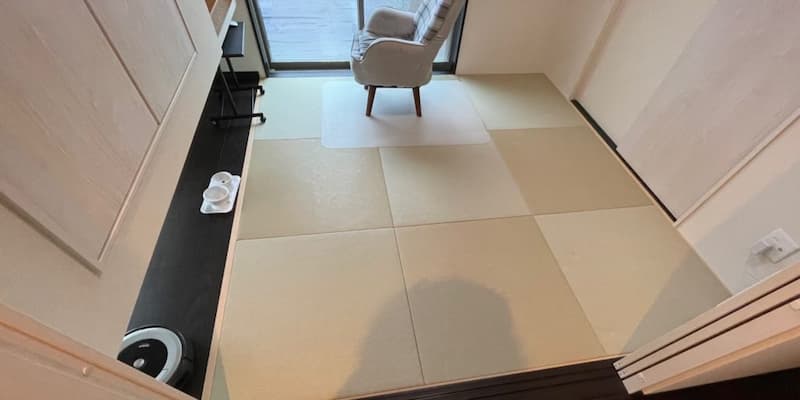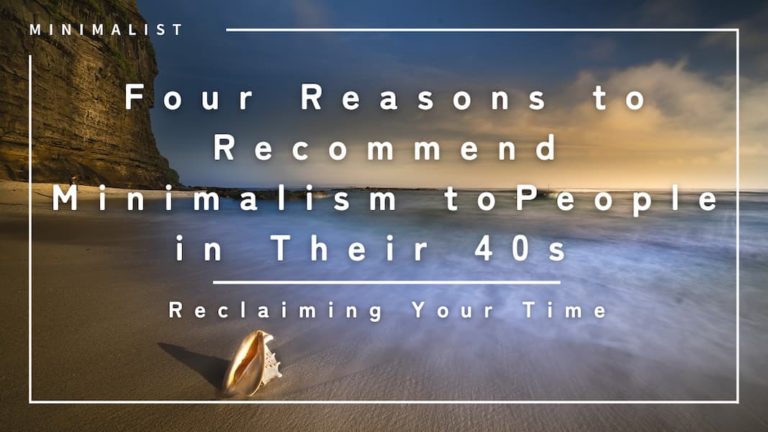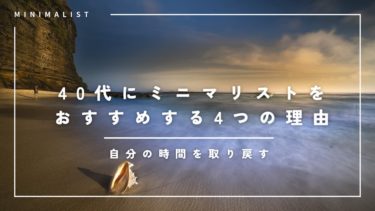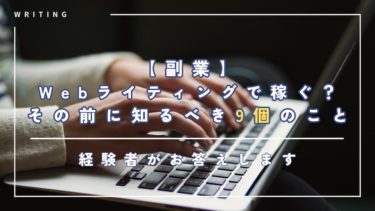“Are there people in their 40s who become minimalists? I’m interested in minimalism, but I wonder how it actually works.”
This article addresses the questions you have.
Hello, I’m YAITA, a minimalist from Japan.
I’m a blogger in my 40s who has “auditory hypersensitivity” and does all my work solely on an iPad. Currently, I manage 69 personal belongings and live with my wife.
It was during my hospitalization in December 2022 that I came across a book that changed my perspective and lifestyle up until now.
This time, I will talk about “4 Minimalist Mindsets to Start in Your 40s.”
The content of this article is purely my opinion. Minimalists have different values and perspectives, so not all minimalists may share the same views.
Minimalism in Your 40s | Reclaiming Your Time

Minimalists free themselves from the stress of possessions by choosing only what they truly need and letting go of everything else.
The term “minimalist” refers to someone who deliberately lets go of possessions and lives with fewer things in order to emphasize what they truly need.
Having possessions has long been associated with a sense of abundance. In reality, our lives are filled with various appliances, furniture, devices, and other convenient items.
However, possessions come with costs. It’s not just the initial purchase price, but also the space required to store them, maintenance expenses, and other associated costs.
The very things that were meant to enrich your life may unexpectedly be causing you stress.
Having only the necessary items, rather than an abundance of things, can lead to a more comfortable and fulfilling life.
A space with only what is necessary can bring you a sense of liberation and provide you with time to focus on yourself. Reclaiming your time is, in my opinion, the greatest benefit of being a minimalist.
4 Reasons to Recommend Minimalism for People in Their 40s
As a minimalist in my 40s, I would like to share four reasons why I recommend it:
- Liberation from Excessive Possessions
- Discovering What Truly Matters
- Reviewing and Saving on Living Expenses
- Achieving Mental Stability and Inner Fulfillment
Let me explain each of them.
Liberation from Excessive Possessions

The image above is my room.
As a naturally anxious person, I used to live a life of stockpiling possessions.
However, it was during my hospitalization that I realized the truth: “I can live with just the essential things.”
I used to buy things to improve my living environment, such as adding a small piece of decor or placing a perfectly-sized houseplant in an empty space in my room. I did this in an attempt to enhance my living space.
However, I gradually realized that the more possessions I had in my room, the more overwhelmed I felt by the sense of clutter, and the cost of maintaining them became a source of stress.
This led me to make the decision of “not keeping anything that is not necessary for me,” and I started letting go of clothing, books, decor, electronic devices like my computer, and other items I deemed unnecessary, one by one.
As mentioned earlier, I was able to achieve the concept of “having only what is essential = comfort.”
Discovery of What Truly Matters
Minimalists understand what they truly want to do. By letting go of unnecessary possessions and freeing themselves, they gain time to focus on themselves.
They can create time to listen to the voice within their hearts.
Furthermore, having fewer things allows for a simpler perspective on matters. I realized that I didn’t need various devices or multiple monitors; one device was sufficient for me.
I accomplish all of my tasks using just an iPad. This includes everything related to work, including the blog I am currently writing.

Previously, I used to switch between a MacBook and connect it to a monitor for dual-screen productivity. However, when it comes to my work, I found that I can easily manage everything using just the iPad screen.
Moreover, focusing solely on the iPad screen has increased my concentration. Surprisingly, having too many things can hinder concentration.
Without excessive possessions, the room becomes spacious and comfortable.
Reviewing and Saving on Living Expenses
When we reach our 40s, we become more conscious of our health. While we may have been able to be more reckless in our younger years, it becomes more challenging as we age.
Additionally, various stresses may have accumulated over time.
Minimalism has the effect of reducing stress by liberating us from excessive possessions. To start, why not try decluttering and letting go of unnecessary items?
The sense of accomplishment that comes from acquiring things can also be achieved by letting go of possessions.
Furthermore, reevaluating our lifestyle is effective for saving money. By constantly being aware of what we truly need, how much we need, and in what condition, we gain the strength to resist impulsive temptations.
The minimalist mindset significantly contributes to saving money, allowing you to build savings for the things you truly desire or create a richer life.
Mental Stability and Emotional Abundance
As a minimalist, one of the most noticeable benefits is the emotional abundance that comes from being liberated from possessions. By freeing ourselves from the burden of unnecessary maintenance costs, we can experience a stress-free lifestyle.
Emotional stability leads to stability in our daily lives and enhances our overall performance.
By embracing emotional abundance, we can enjoy each day to the fullest and maintain a positive mindset. It allows us to find joy in simple pleasures and approach life with a positive outlook.
Points to Consider When Starting as a Minimalist in Your 40s
While I can provide my personal opinion, minimalist thinking is not suitable for everyone. In other words, not everyone will resonate with the mindset of a minimalist.
What works for me as a minimalist may not necessarily work for you.
If you simply discard items thinking, “I’m a minimalist, so I should get rid of things,” you might end up discarding things that are truly important to you.
In that case, you will undoubtedly regret it.
Therefore, first identify the things that are truly necessary for you. For example, for me, it’s the iPad.
Once you have a clear understanding of what is essential, you can start selectively choosing what is unnecessary.
Furthermore, each minimalist has their own set of values. Embrace a minimalist mindset that aligns with who you are and incorporate it into your lifestyle.


